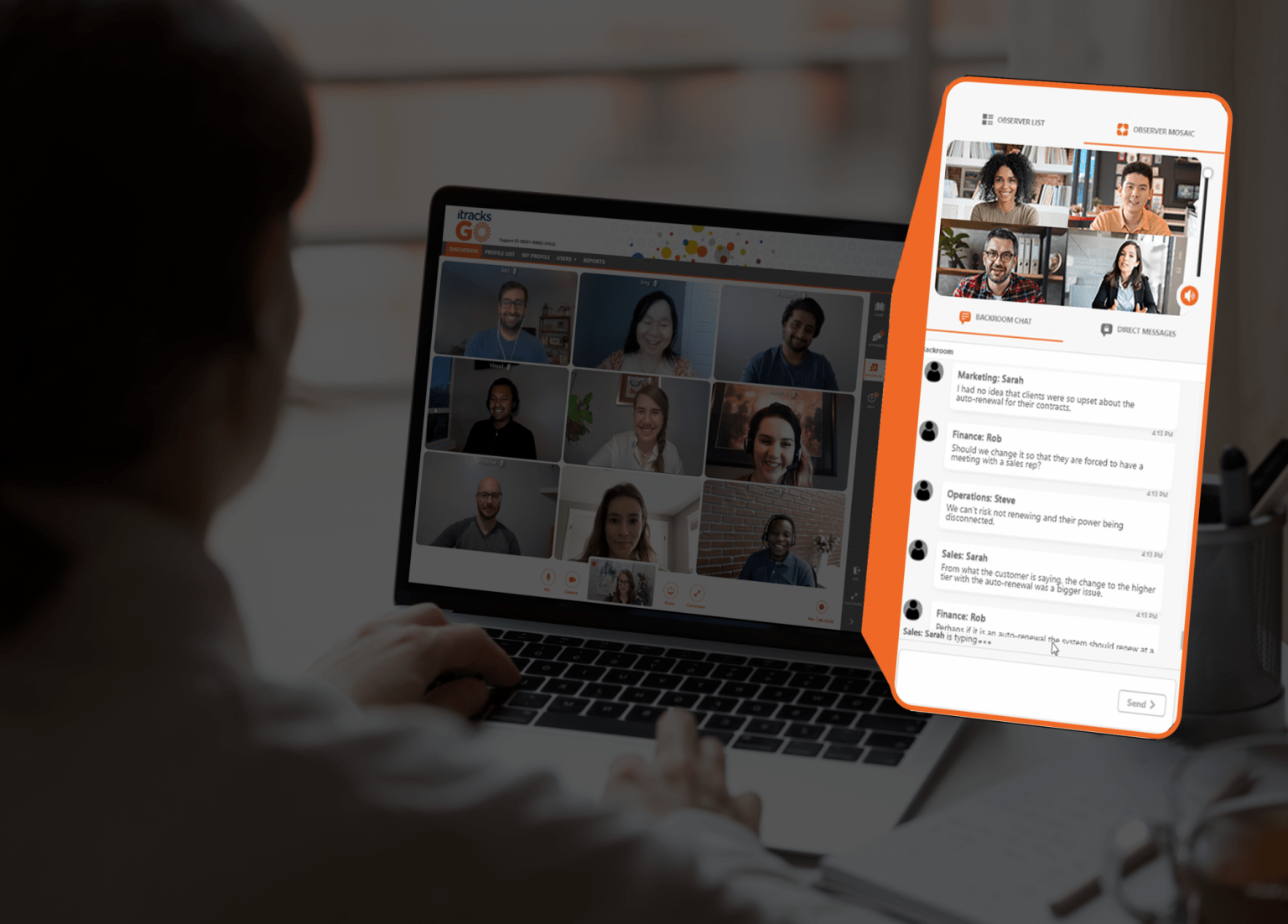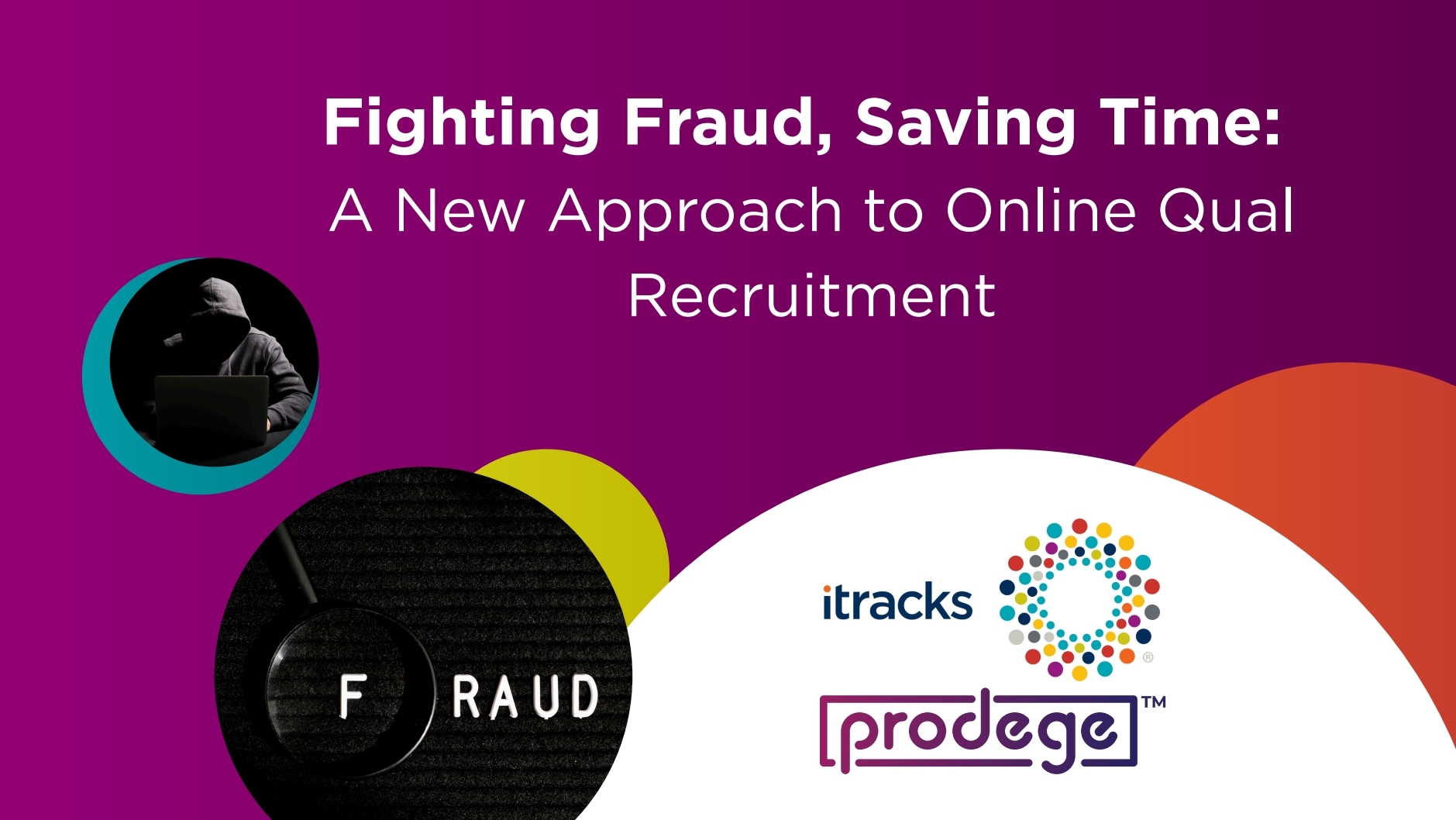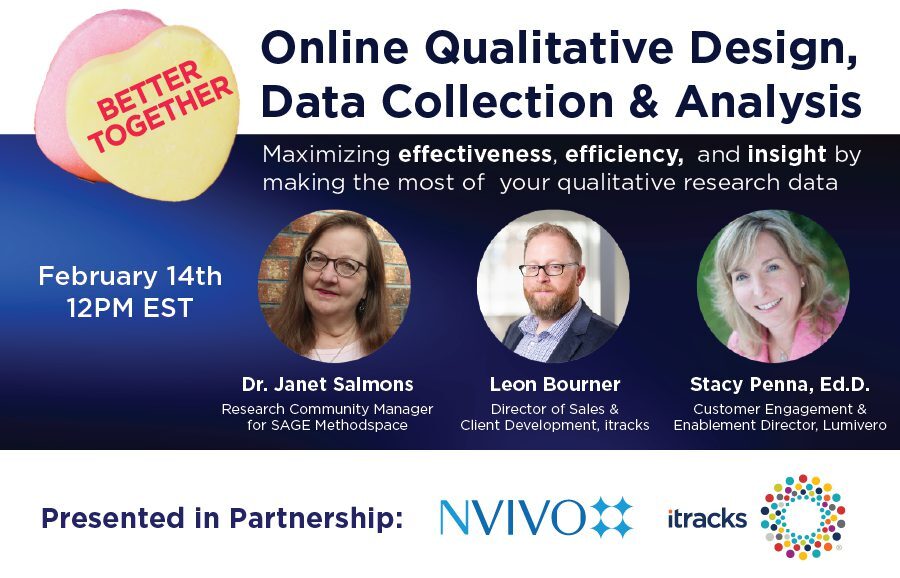Applied learning projects are a cornerstone of modern post-secondary education, demanding that students bridge theoretical knowledge with practical application. This case explores the features and benefits of the itracks Realtime qualitative research platform, specifically its text-based chat functionality, within the context of a group project for the Digital Marketing and Marketing Analytics postgraduate certificate program at Confederation College in Thunder Bay, Ontario. Student groups, guided by Professor Paul Sarkissian, utilized the platform to conduct online focus groups for five local small businesses on a hypothetical basis, culminating in a comprehensive marketing research report. The small businesses selected by students included a garden centre, independent dollar store, clothing retailer, pottery studio, and bicycle shop. This analysis argues that the platform's specialized features—particularly its tools for methodological control, collaborative observation, and data processing efficiency—were instrumental in enabling students to successfully translate raw qualitative data into actionable, professional marketing recommendations.
The transition from academic theory to professional practice represents a significant challenge for students in disciplines such as marketing. Applied projects, designed to simulate real-world scenarios, are critical pedagogical tools. The project undertaken by students at Confederation College serves as a classic case. Tasked with investigating five local businesses, students in the Digital Marketing and Marketing Analytics program were required to conduct comprehensive market research, moving from initial study design to the delivery of an actionable marketing plan. The digital pivot in qualitative research, accelerated in recent years, has made the choice of technology central to this process. The selection of itracks Realtime, a platform purpose-built for online qualitative research, proved to be a decisive factor, providing a suite of features that directly supported the project's academic and practical objectives.
A primary challenge for novice researchers is maintaining methodological rigor. The students' final reports depended on the validity of their key findings, which in turn rested on the quality of their data collection. Generic video conferencing or chat applications lack the specialized controls necessary to ensure such quality; however, itracks Realtime is designed specifically to mitigate common research biases. Its "uninfluenced question mode" feature, for example, allows a moderator to pose a question and require all participants to submit their individual answers before seeing the responses of others. This single function is valuable in an academic setting, as it directly combats "groupthink" and "anchoring bias," ensuring that the feedback gathered is more authentic. For the Confederation College students, this meant the key findings presented in their reports were based on more reliable, quality data, strengthening their subsequent analysis and recommendations.
Furthermore, the platform's Discussion Guide feature enabled students to pre-load their entire moderator script, including all questions, media stimuli (such as logos or ad concepts), and polls. This structured environment ensured that students adhered to their stated research objectives and maintained consistency across multiple focus groups. This level of control was essential for the methodology section of their final reports, allowing them to systematically gather feedback to improve customer service and marketing initiatives for their clients on a hypothetical basis.
The platform's "virtual backroom" offered a unique solution for collaborative learning and pedagogical oversight. In a professional setting, this feature allows clients to observe focus groups without distracting participants. In the project for the Qualitative Research for Digital Marketing course, it served a dual academic purpose. First, it facilitated teamwork; one student could act as the moderator while the rest of their group observed from the backroom, sending private messages to the moderator with suggested probes or follow-up questions. This fostered a collaborative research environment. Second, it provided an ideal mechanism for potential faculty supervision. Instructors could discreetly enter the backroom to observe the students' moderation techniques in real-time, providing a basis for later feedback without compromising the integrity of the participant-moderator dynamic. This feature directly supported the students' professional development, offering a live, active environment to practice and refine their moderation skills.
According to Serena, “Using the itracks system for my study was a great experience. It was easy to navigate and made organizing online focus groups simple and efficient. I especially liked how it allowed smooth communication and data collection from participants in one platform.”
Finally, the most significant practical benefit of utilizing itracks Realtime’s chat feature was the efficiency it introduced into the research-to-reporting workflow. In traditional focus groups, the analysis phase is gated by the time-consuming and costly process of transcribing hours of audio or video. Because the students conducted text-based focus groups, itracks Realtime provided an immediate, fully accurate transcript the moment the session concluded. This instantaneous data availability allowed students to bypass the transcription bottleneck and move directly to thematic analysis and coding. This efficiency was critical within the constraints of an academic semester, enabling them to dedicate more time to the most intellectually demanding parts of their project: interpreting the key findings, reflecting on limitations, and formulating the robust recommendations that formed the core of their final action plans.
Priya appreciated the features and functionality of itracks Realtime: “We used the iTracks RealTime platform for our project last semester to gather customer feedback. We ran two sessions and found it easy to add and manage participants. The sessions ran smoothly, with participants answering questions and interacting with each other. The platform helped us organize questions and keep sessions structured, making the project easier.”
In conclusion, the itracks Realtime platform functioned as far more than a simple communication tool for the project in the Digital Marketing and Marketing Analytics postgraduate certificate program at Confederation College. It served as an integrated research environment that directly scaffolded the entire research process. By providing tools to enforce methodological rigor, facilitate collaborative learning, and dramatically accelerate data analysis, the platform empowered students to effectively manage their projects and produce high-quality, actionable marketing research reports. This case demonstrates the significant value of using discipline-specific technologies in applied education to successfully bridge the gap between academic knowledge and professional competency.
Presented in Partnership







